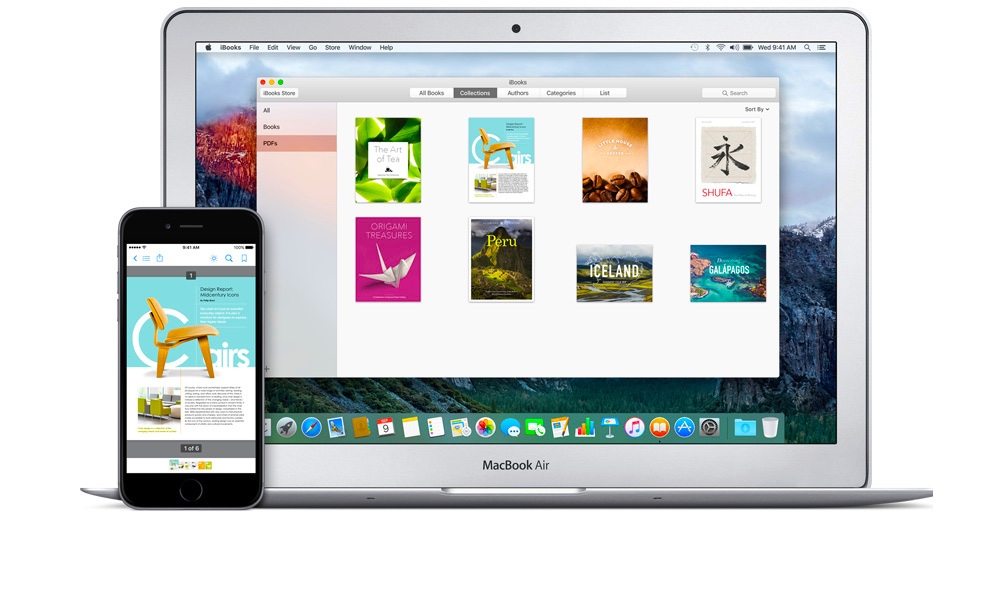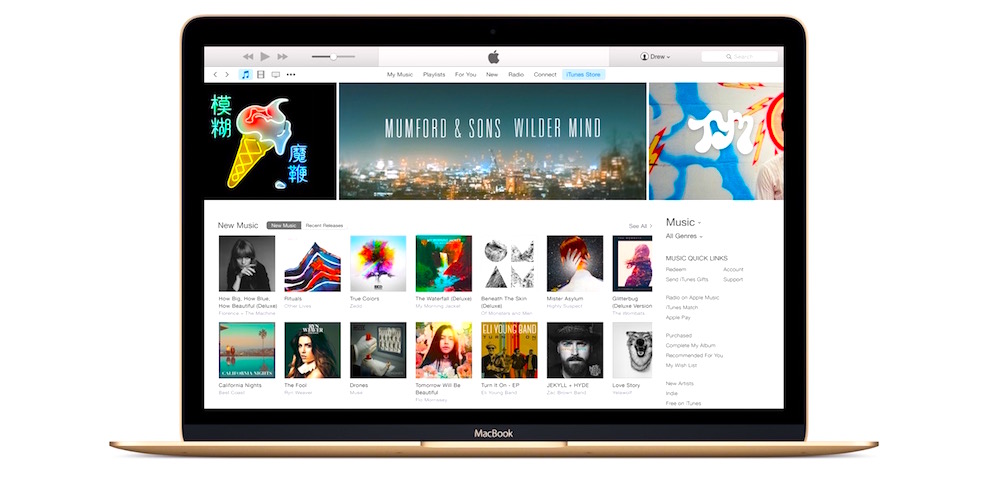Chinese Government Targets Apple, Shuts Down iTunes Movies and Books

Toggle Dark Mode
China has fast become a major market for Apple, but it looks as though the country isn’t too happy about Apple’s presence. Last week, both iTunes Movies and Books stores strangely went down. Reports indicated that they were actually forced to shutdown by the Chinese State Administration of Press, Publication, Radio, Film and Television.
According to the reports, while Apple originally had government approval to operate those services in China, the state regulator wanted to assert its authority, then demanding the closing of the services.
Some reports also indicate that the closing of the stores had to do with the release of the controversial film, Ten Years, which won best picture at the Hong Kong Film Awards this year, and has been banned in China. The stores reportedly closed shortly before the film became available on the iTunes store in Hong Kong. The film itself discusses a future Hong Kong that is suffering from social alienation, language police, and other censorship issues. Ironic considering the fact that shutting down the stores is clearly an act of censorship on the part of the Chinese government.
An Apple spokesperson quickly released a statement saying that the company “hoped to make books and movies available again to our customers in China as soon as possible.” The closing of the two stores comes only six months after they were launched in China.
Of course, it’s important to note that Apple has had far more success in China than it has in other countries. Recently, the company was even able to launch Apple Pay in China, as a partnership with UnionPay, the state-run bank network in the country. Still, its somewhat of a slap in the face for Apple’s services to be approved for six months before shutting down, and shows that the Chinese government is not as willing to embrace change as some might have otherwise hoped.
 Image: Philip Jägenstedt | Flickr
Image: Philip Jägenstedt | Flickr
After the stores were shut down, Chinese President Xi Jinping reportedly conducted a conference concerning China’s internet policies with Jack Ma, from Alibaba, Ren Zhengfei, from Huawei, and other leaders in the Chinese tech industry.
Some reports indicate that the Chinese government shut down the stores with the hopes of promoting Chinese tech companies and attempting to reduce the impact of American companies like Apple in the country.
In fact, Apple is one of a number of different companies that have been targeted by the Chinese government. Other major tech companies that have found difficulty dealing with the government include the likes of Qualcomm, Microsoft, and IBM.
Apple has worked for a long time to grow its business in China, which was once seen as the next major frontier for large tech companies. While that title has somewhat shifted over to India, China is still a major part of Apple’s business, and losing business in China would be a serious blow for Apple. China and Apple agreed to a deal back in 2013 that saw Apple being able to sell the iPhone in the country, and Apple has been reported to be looking into expanding its efforts in China. Not only that, but Apple executives recently said that the company had a great working relationship in China, and that Apple Music and iTunes being launched in the country was a perfect example of how Apple could effectively operate in China.
The news comes shortly after reports indicating that the iPhone SE has had a somewhat big impact on the likes of Huawei. Not only that, but some suggest that Apple recently refused to give the Chinese government source code for Apple products, which, if true, obviously didn’t fall in Apple’s favor.
It’s not yet clear when, or even if, the services that were shut down will come back online, but this could spell a new round of debates over censorship in China and China’s internet laws being questioned, especially when it comes to foreign companies. Microsoft had similar issues last year in China, and recently started trying to rekindle a relationship with China so that it could bring the company’s products to the Chinese population. The Chinese government has long been highly suspicious that the likes of Windows 10 and other popular operating systems were outfitted with ways to track users, especially government users.
Learn More: Why Finding ‘Virtually Nothing’ on the San Bernardino Shooter’s iPhone Is Still Important
What do you think about Chinese censorship? Let us know in the comments below.







